The National Consensus Commission is sending the integrated draft of the July National Charter to political parties today, incorporating nine key commitments that would give the charter supremacy over existing laws and bar even the courts from questioning its legality.
The draft, prepared after two rounds of dialogue with political parties, commits to implementing immediately actionable recommendations before the upcoming national elections, ensuring full legal and constitutional protection at every stage, and granting the charter precedence if any of its provisions conflict with the constitution or other laws.
The Commission completed its second phase of dialogue with political parties on July 31, discussing 166 proposals from six reform commissions. In the first phase, consensus was reached on 62 proposals; in the second, decisions were made on 20 issues, nine of which had dissent notes.
The preliminary draft of the charter was shared with parties on July 28, containing a seven-point pledge that included implementing the charter within two years. While BNP and allied parties supported it, Jamaat-e-Islami, NCP, Islami Andolon, and most other parties demanded implementation during the current government’s tenure and threatened to withhold signatures unless it received legal backing.
The integrated draft now stipulates that the interpretation, application, and validity of the charter will be under the jurisdiction of the Appellate Division, that it will be considered fully enforceable in law, and that its legality, necessity, or issuance authority cannot be challenged in court. It also vows to issue ordinances ensuring the charter’s provisions, policies, and decisions take precedence over Article 93(2) of the Constitution or any other law or verdict.
The charter addresses governance reforms, the judiciary, the electoral system, public administration, policing, and anti-corruption measures, and calls for constitutional amendments, rewriting, and new legislation as necessary.
To solidify its legal enforceability, the Commission held a meeting with six legal experts last Sunday, requesting written recommendations by Thursday. These will be discussed with Chief Adviser Dr. Muhammad Yunus, followed by a third phase of dialogue with political parties next week to build political consensus for implementation.


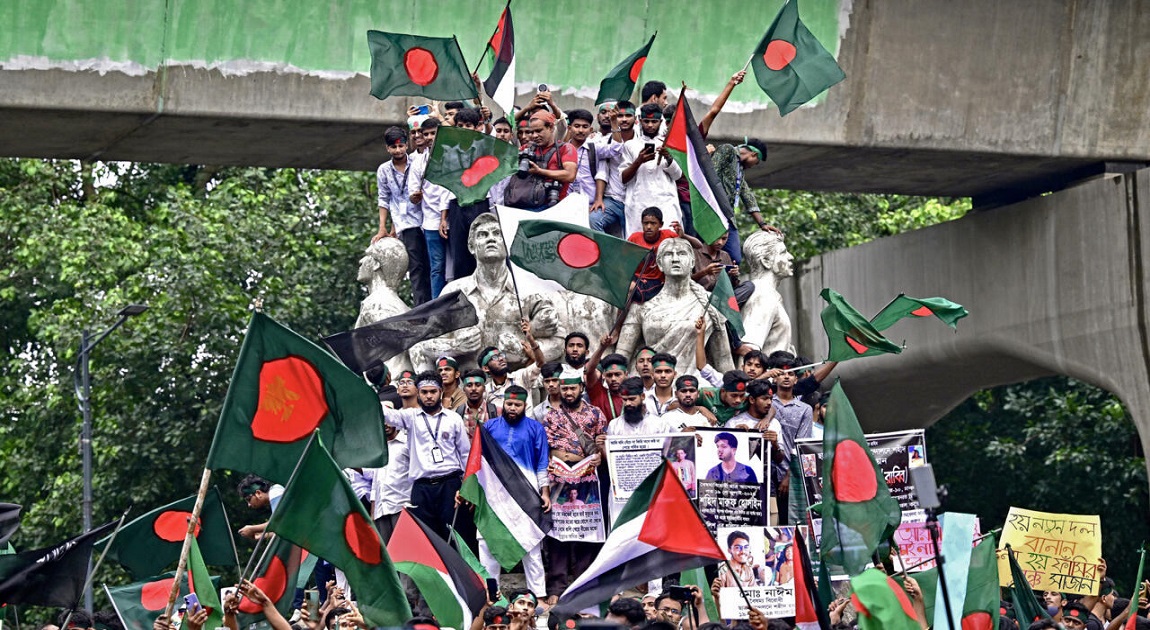

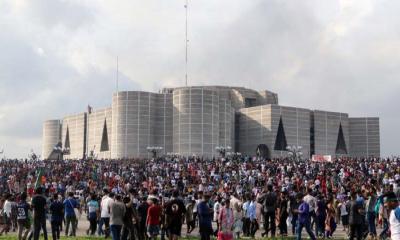
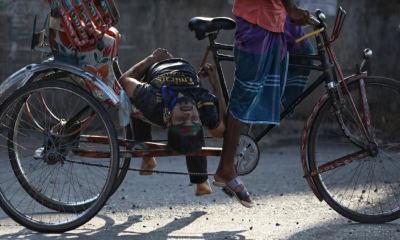
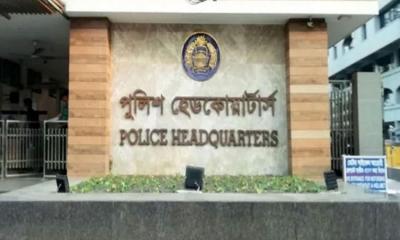
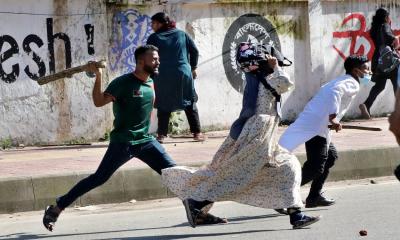
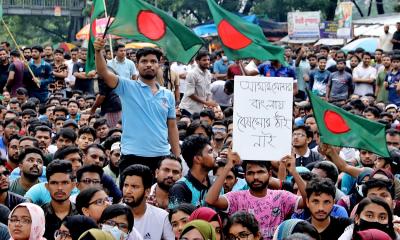








-20260221022942.jpg)
-20260221022827.webp)



















